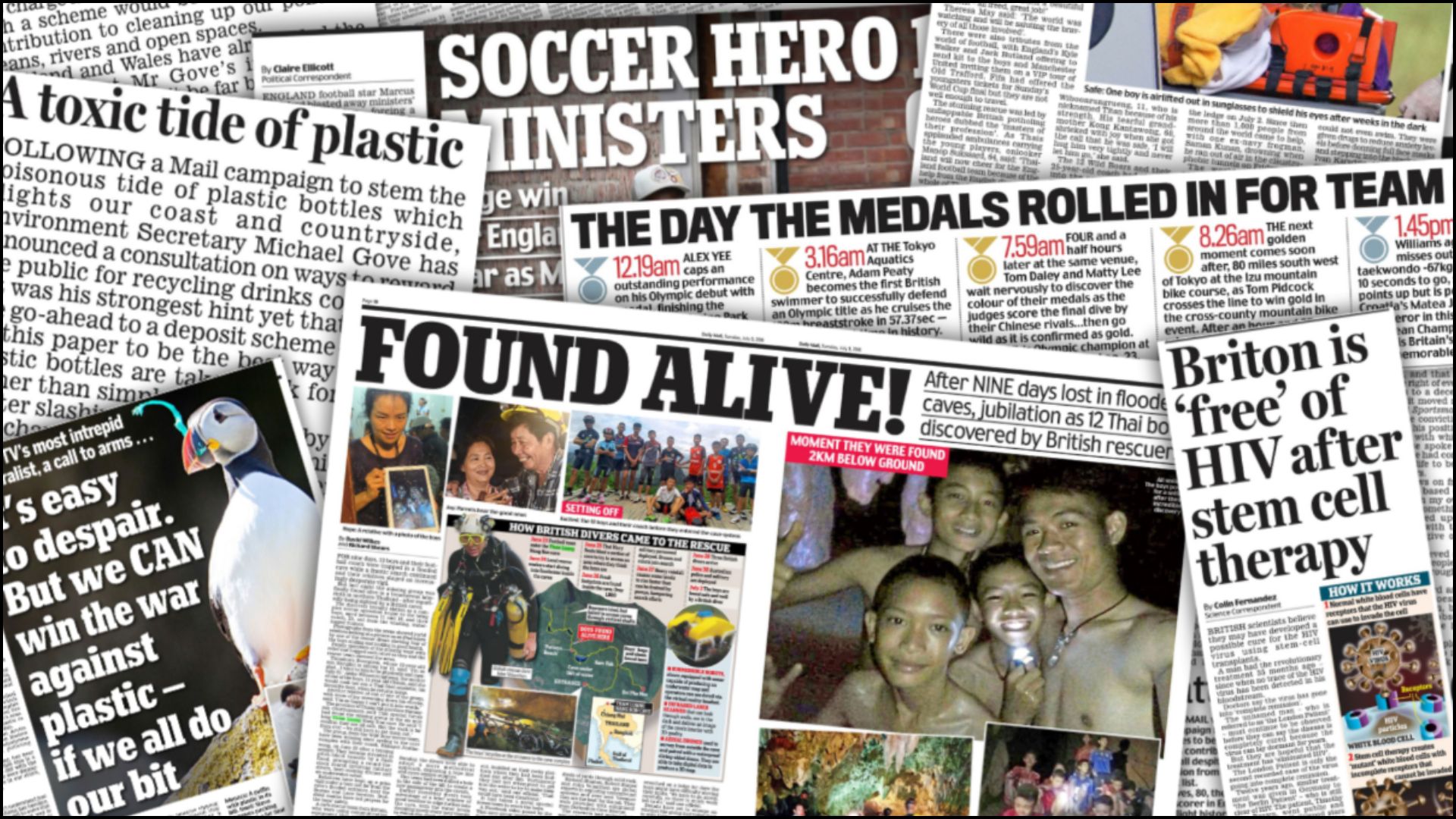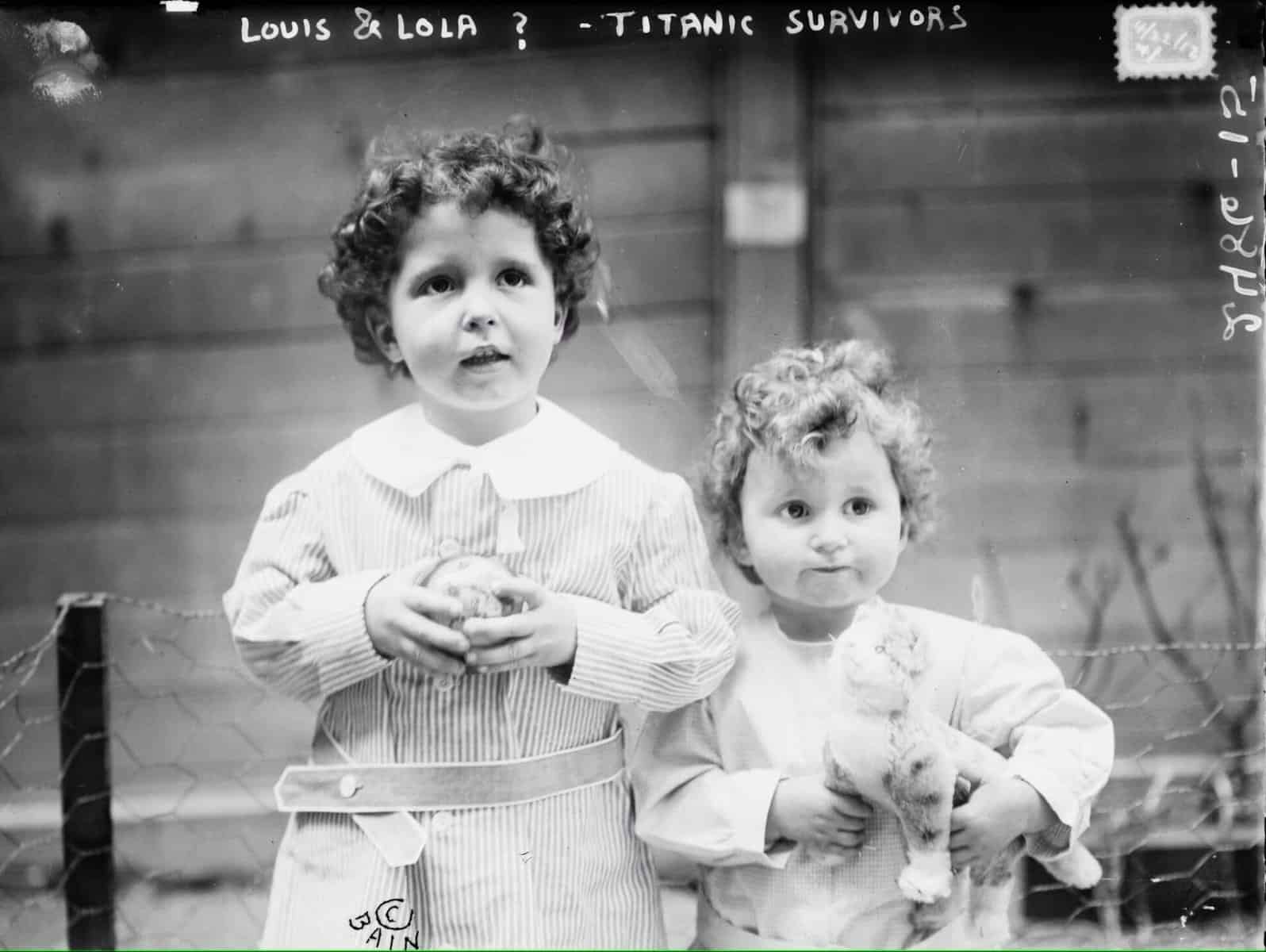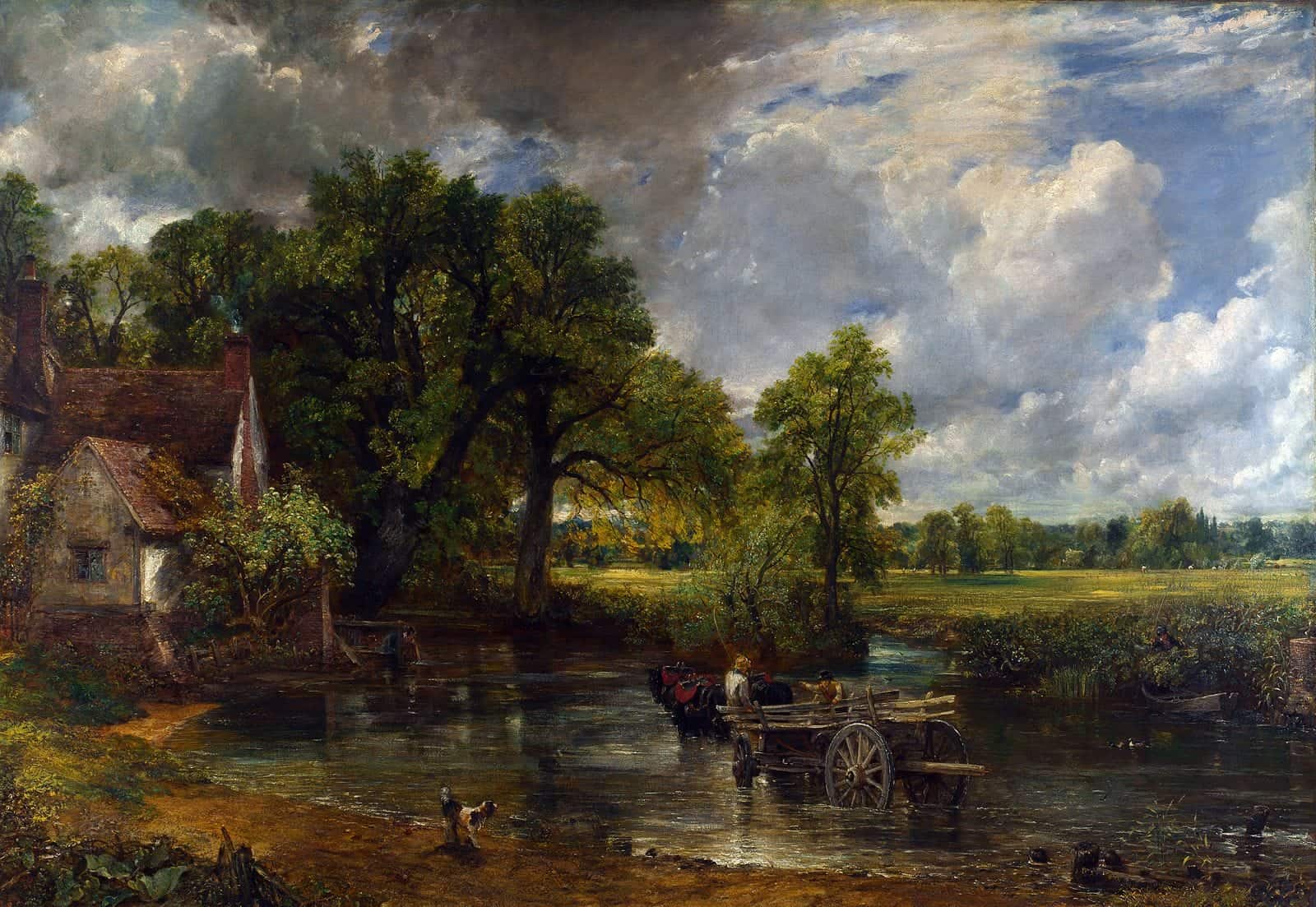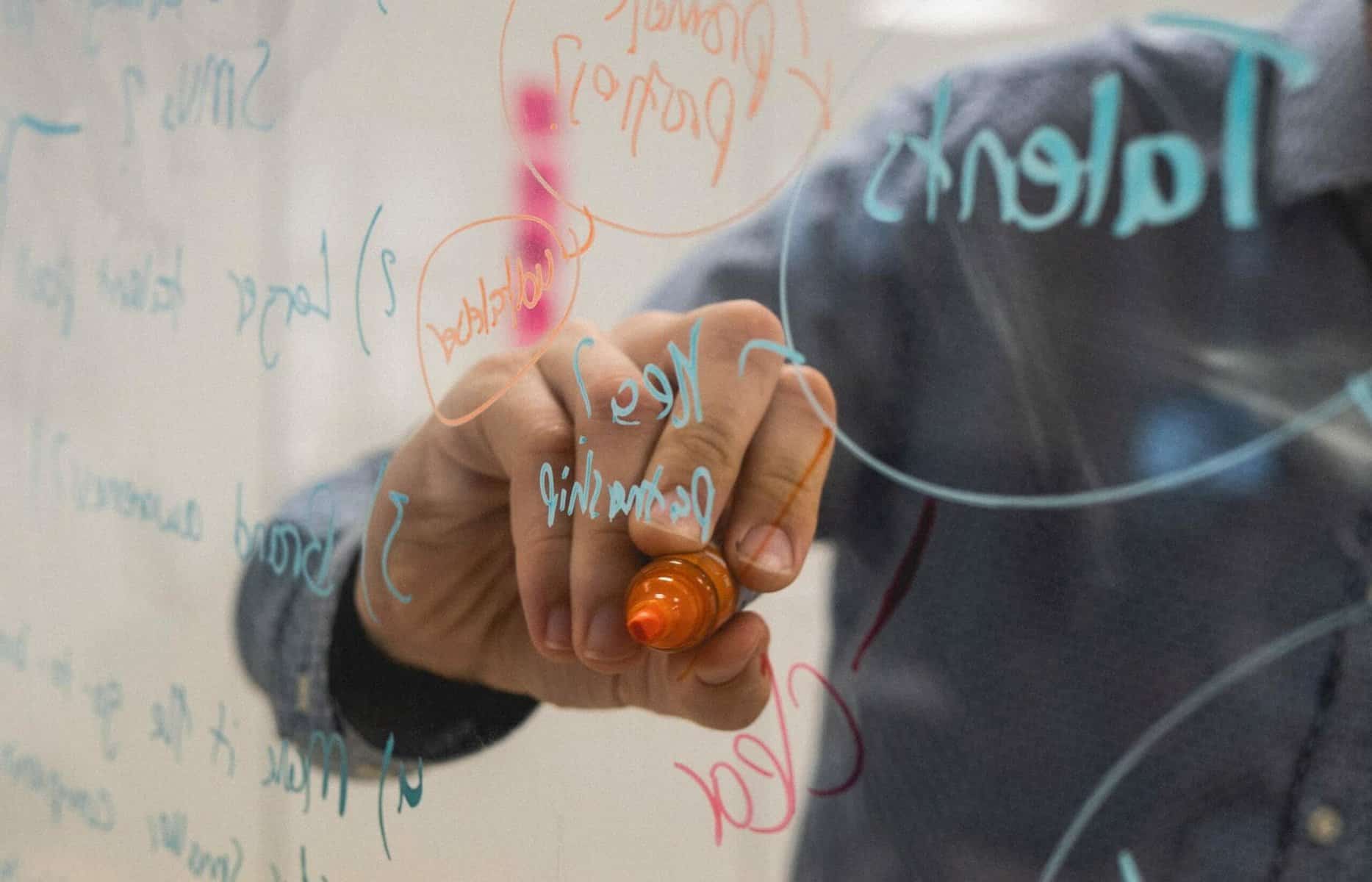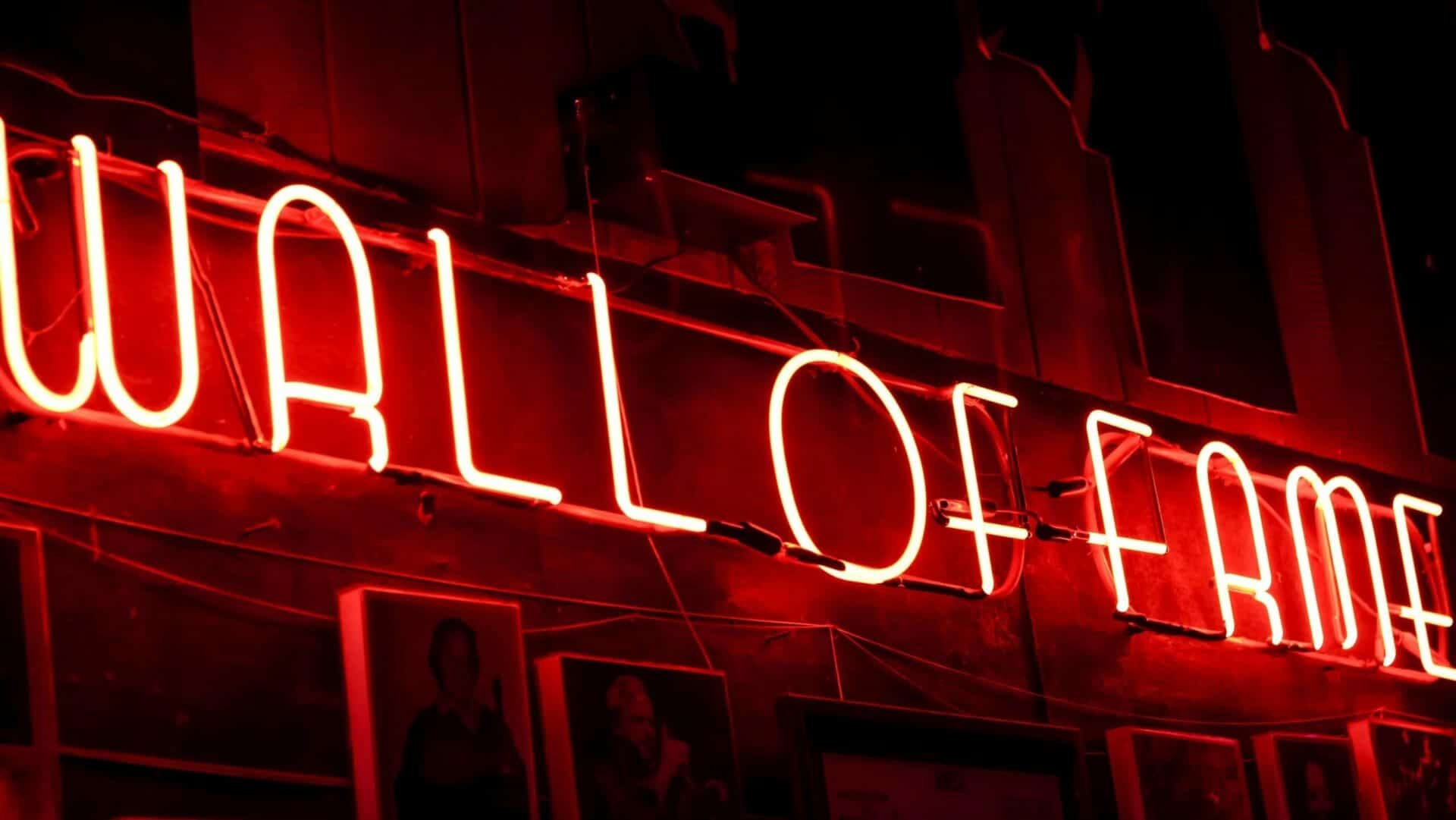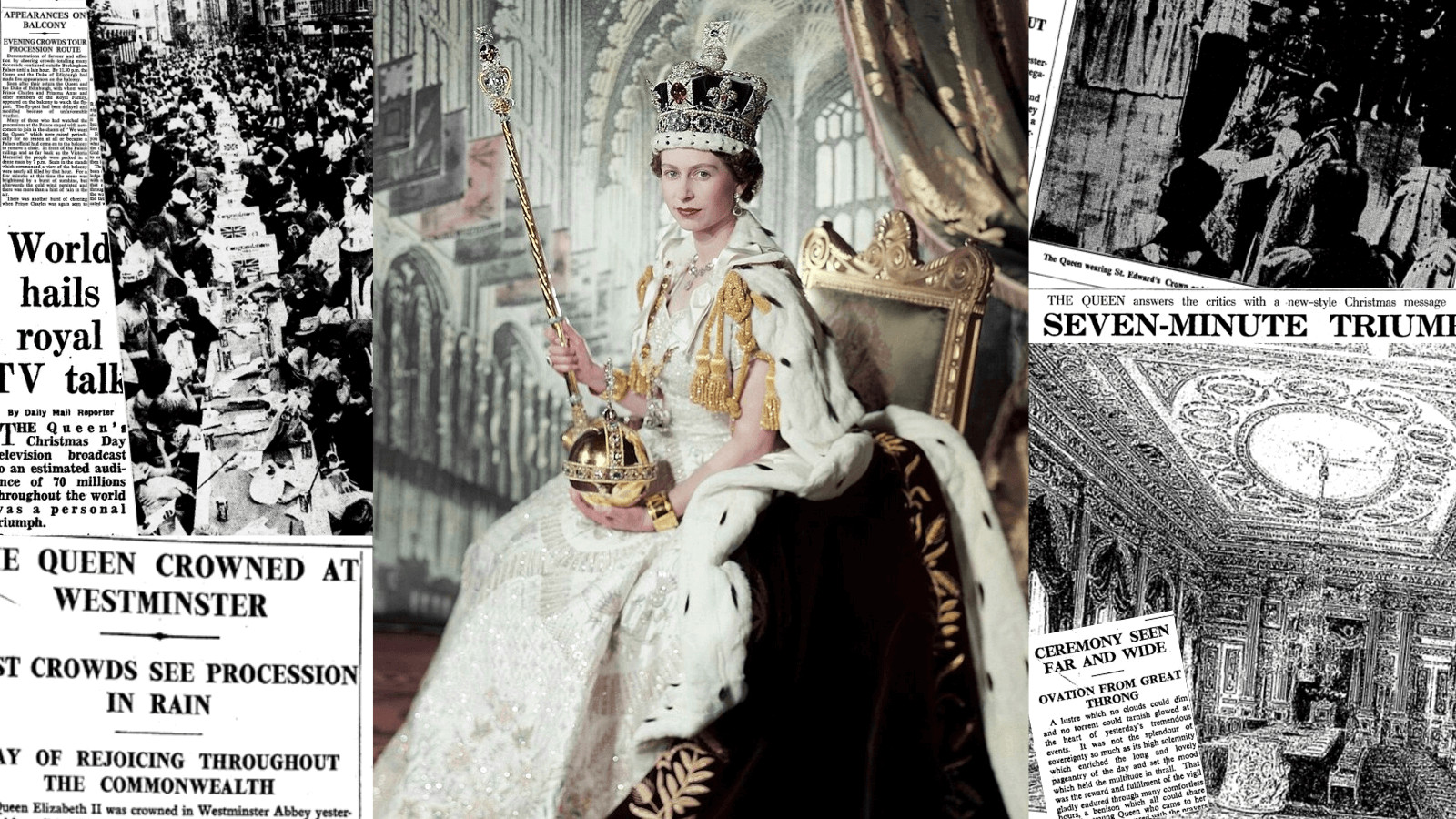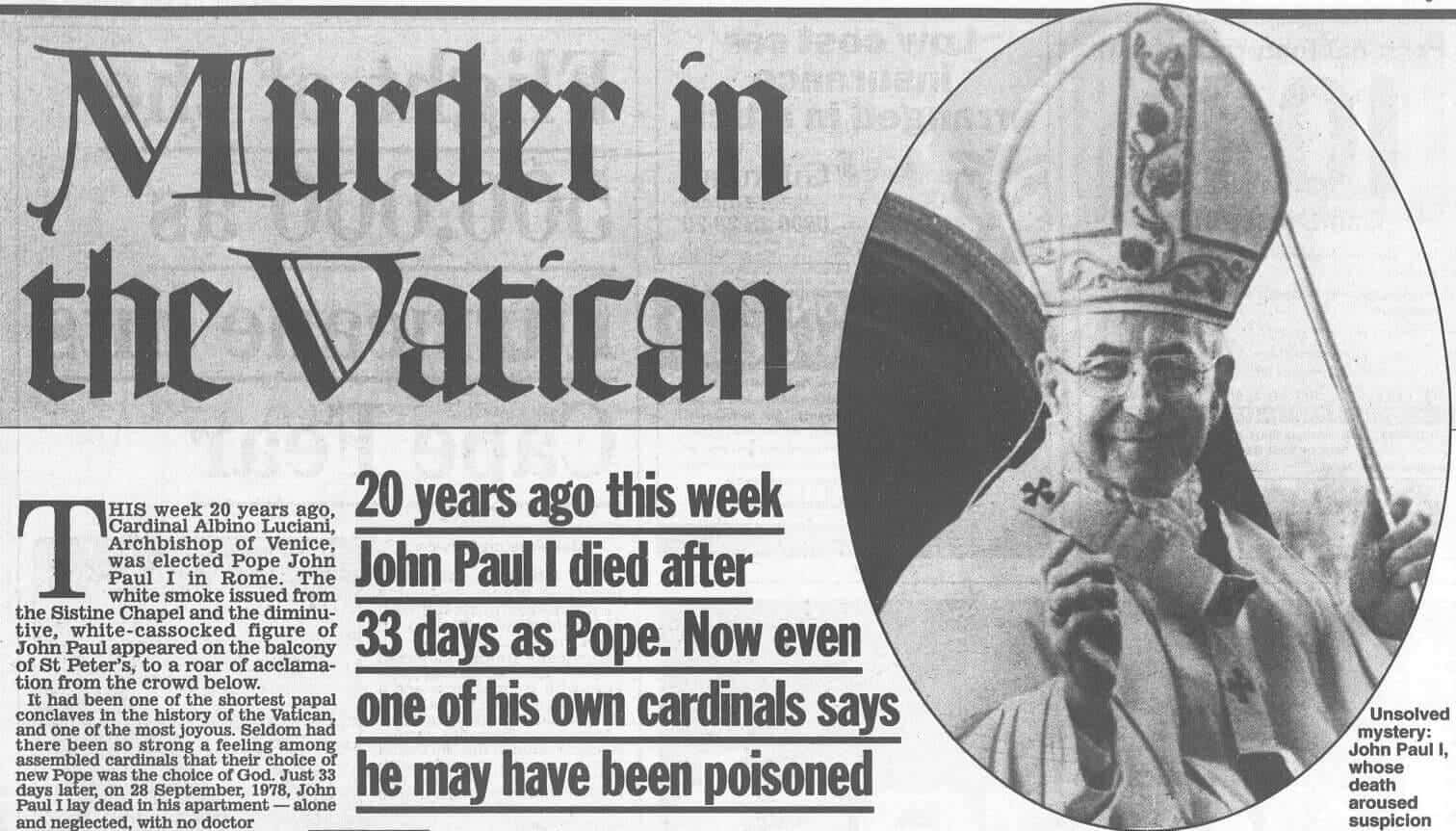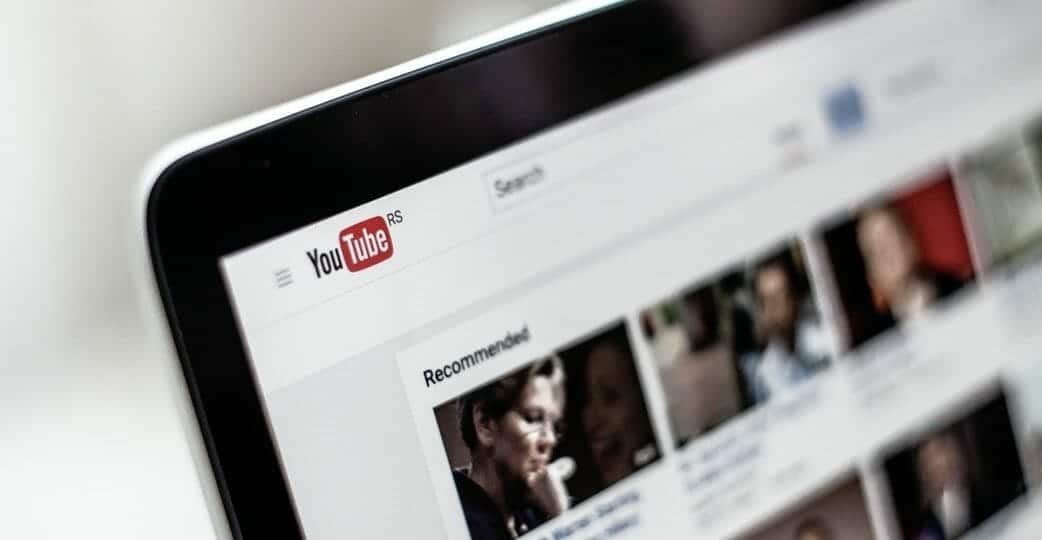│By Emma Harris, Associate Editor, Gale Primary Sources│
The period of 2017 to 2021 spanned both my university education and then being thrust into the adult world of work – a turbulent time for any, exacerbated by a period of news headlines dominated with political fallout, freak weather, and global pandemics. This period saw elections, both in the United Kingdom and the United States, and the likes of Brexit lead to political divides within countries, and not to mention the coronavirus pandemic that absorbed most of our lives considerably from 2020 into 2021.
However, this isn’t to say these years weren’t filled with positive change at all. In fact, there was rather a lot of good news. And when we’re still dealing with the inundation of negative news topics daily – inflation and wars being some of the topics to greet me on the news this morning – sometimes it’s helpful to be reminded of the good news that’s out there too.
So, using the most recent update to Gale’s Daily Mail Historical Archive, 1896-2021, allow me to put some joy back into your day with some of the positive news that came from the last decade.

